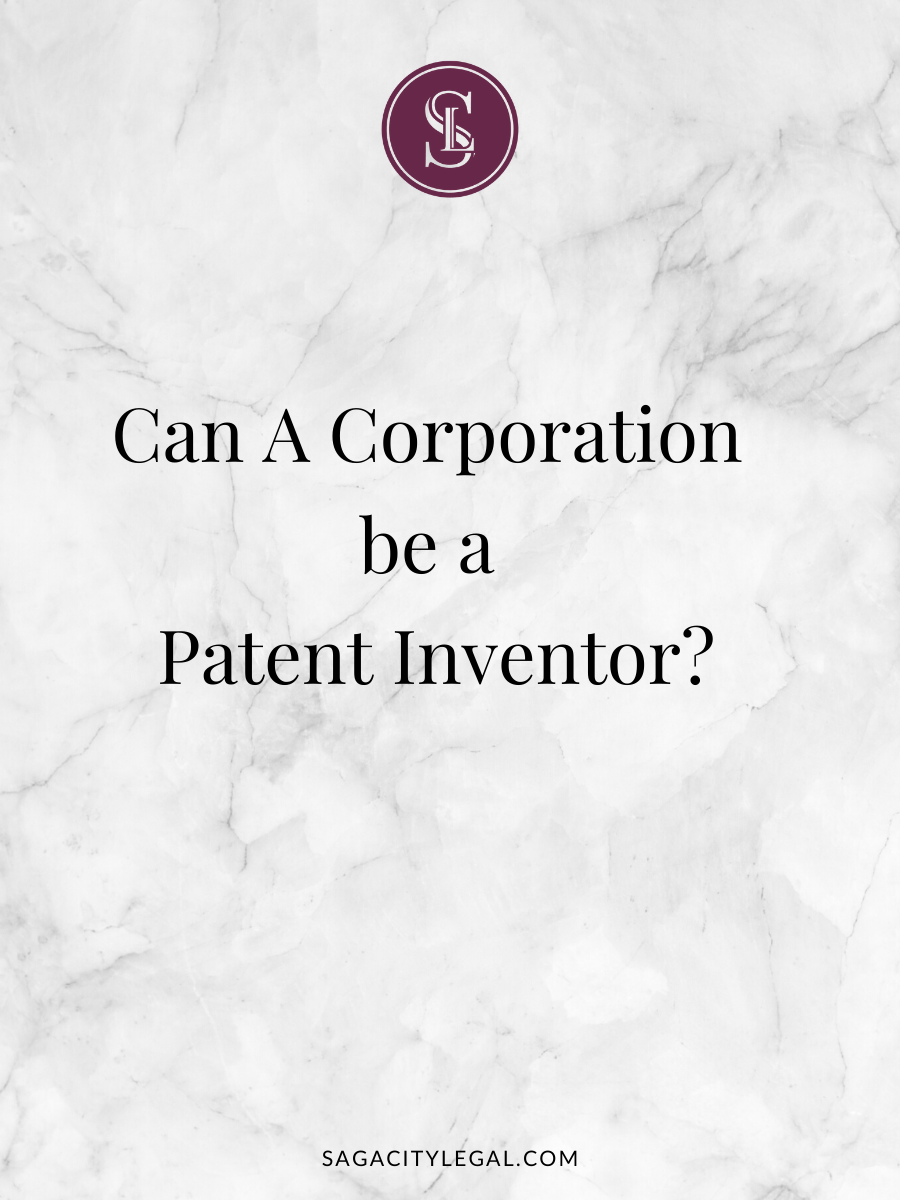A few weeks ago, I published a post about Artificial Intelligence Patent Inventors. This article reported that three patent offices declined patent inventorship to an AI inventor.
Recently, a client asked me whether a corporation can be a patent inventor.
Great question.
Just like AI, corporations cannot be patent inventors.
Patent Inventors

A patent inventor contributes intellectually to an invention. In other words, an inventor contributes to the conception.
Rephrased in this article: “…conception requires mental dominion over the invention.”
So, to determine inventorship:
- define the invention
- determine contributors to its creation
Further, a patent inventor is NOT someone who:
- merely contributed non-inventive information;
- simply ran routine tests;
- assisted in experimentation;
- financed a research effort
- reduced the invention to practice; or
- provided publicly-known information.
No Corporation Patent Inventors

A corporation cannot conceive of an invention because a corporation has no collective consciousness to perform a mental act.
Giving patent rights to human inventors provides incentives for human ingenuity in exchange for monetary benefits.
Since corporations have no ingenuity, granting patent rights therefor does not incentivize.
Why does it matter?

Correct inventorship matters in a patent application because incorrect inventorship is a legal barrier to a patent grant.
Failure to name an inventor or naming an incorrect inventor invalidates a patent. However, non-fraudulent mistakes in inventorship can be corrected. Deceptive intent on the other hand automatically invalidates a patent.
To restate, an innocent mistake of including or even omitting an inventor does not invalidate a patent However, incorrect inventorship tops the charts for patent invalidation. Mistakes can be corrected but intent cannot.
In summary, validate your investment in intellectual property and encourage the innovation process by ensuring correct inventorship.


leave a comment on this post.